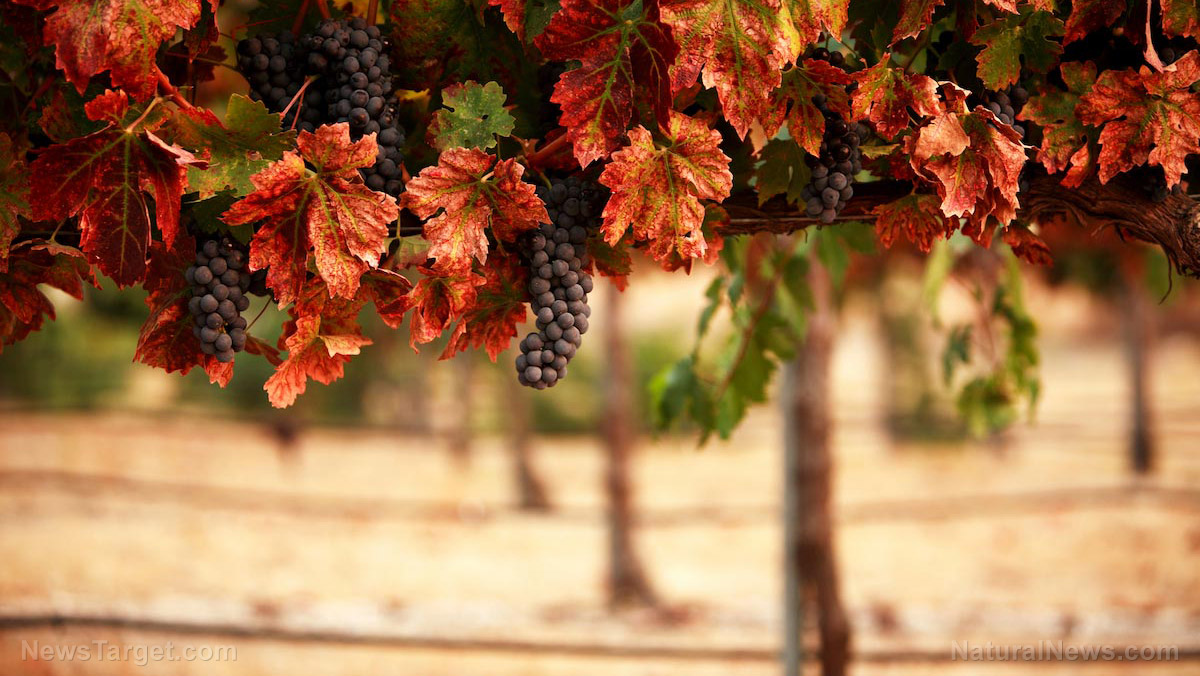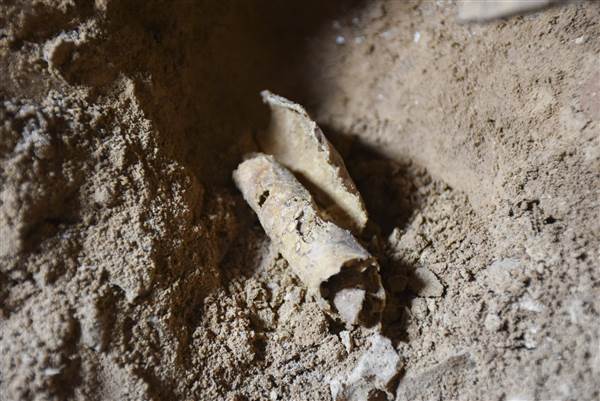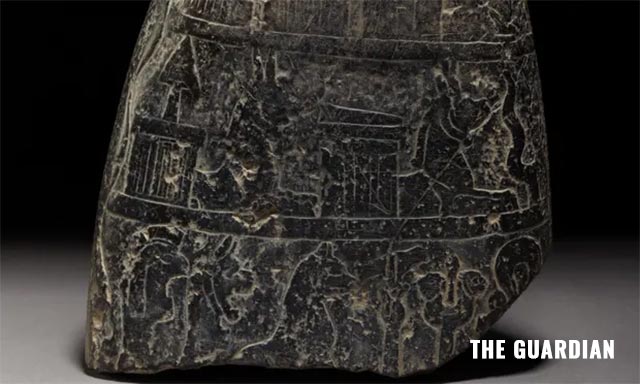A look at how ancient Greeks tended their vineyards
09/06/2019 / By Stephanie Diaz

Archeologists found an ancient estate with a vineyard at Zur Natan in central Israel. This vineyard was once owned by a wealthy Samaritan 1,600 years ago.
Ancient Greek vineyard was once owned by “Master Adios”
A Greek writing, which reads “Only God help the beautiful property of Master Adios” was found in a winepress, which led researchers to conclude that the estate may have once belonged to a man named “Adios,” who was a member of the Samaritan religious group.
“The inscription was discovered in an impressive winepress that was apparently part of the agricultural estate of a wealthy individual called Adios,” explained Dr. Hagit Torge, leader of the excavation team for the Israel Antiquities Authorities.
The team’s discovery is a rare one. To date, only two winepresses were found in Israel with a blessing inscription related to the Samaritans.
The archeologists also found stone quarries that have rock-cut depressions, which were used for grapevine cultivation.
The title “master” was given to upstanding and wealthy members of the Samaritan community, which “attests to the high social standing of the owners of the estate.” The winepress was found near the top of Tel Zur Natan, a place where the ruins of Samaritan synagogue are located. In here the archeologists found another set of inscriptions, which solidified Adios’ high status.
The inscriptions were translated by Professor Leah Di Segni from The Hebrew University of Jerusalem, which she dated to the fifth century.
Natural wineries in Greece
The Greeks have one of the oldest wine cultures in the world. They also produce a wide array of wines, though most of it is not known in the world. However, there is one type of wine that makes the Greek variety extra special – natural wine.
Natural wines are produced with little human intervention. Moreover, they are produced from vineyards that practice organic farming; therefore, they do not use sulfites and stabilizers, as well as yeast and enzymes. (Related: Frankenwine? Wines made with GMO yeast hit the market this year.)
If you are traveling to Greece and are interested in wine, you might want to check out the wineries listed below, which are known to produce natural wines.
Ktima Ligas
Since the old days, the domain Ligas has been making wine. This family winery applies little intervention practices in winemaking, which allows special features to shine through. This winery uses Roditis, Assyrtiko and Kydonitsa grape varieties for their white wines and Xinomavro and Limniona for reds.
Ktima Tatsis
The Tatsis winery is located in Goumenissa, northern Greece. They follow organic farming practices and are known for producing local red wine varieties like Negoska and Xinomavro. They also produce Cabernet Sauvignon, Merlot and Cinsaut. As for white wine, Tatsis is known for making Roditis Alepou, Malagousia and Chardonnay.
Domaine Sclavos
The Sclavos winery prefers to grow indigenous varieties of grapes, which are better suited for their region’s soil. This winery is located in Lixouri, Kefalonia and has one of the best biodynamic wine cultivations in Greece. In fact, the white wine Metageitnion is one of the best natural white wines there is.
Domaine Tetramythos
The Tetramythos is located in Ano Diakopto, Achaea, Peloponnese. It is among the wineries that produce a selection of natural wines that are definitely worth exploring. One of their noteworthy wines is the Roditis, which has expressive and complex notes of minerality. This winery also produces Muscat and Mavro Kalavrytino.
For more discoveries and studies on ancient property, visit Artifacts.news.
Sources include:
Tagged Under: ancient Greece, ancient Greeks, ancient history, ancient vineyard, artifacts, culture, discoveries, Domaine Sclavos, Domaine Tetramythos, grapevine cultivation, Greek wine, Greek winery, history, Israel, Ktima Ligas, natural wineries, natural wines, organic farming, red wine, Samaritan, white wine, winepress, wineries
RECENT NEWS & ARTICLES
COPYRIGHT © 2018 REALHISTORY.NEWS
All content posted on this site is protected under Free Speech. RealHistory.news is not responsible for content written by contributing authors. The information on this site is provided for educational and entertainment purposes only. It is not intended as a substitute for professional advice of any kind. RealHistory.news assumes no responsibility for the use or misuse of this material. All trademarks, registered trademarks and service marks mentioned on this site are the property of their respective owners.


















